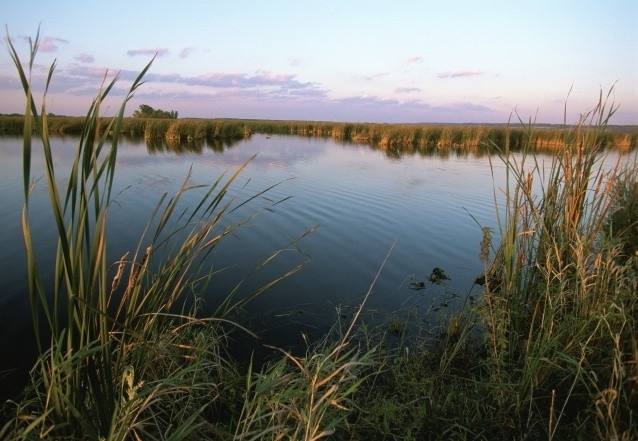Local governments cannot impose more stringent water quality standards than those already set by state officials, according to the Wisconsin Supreme Court. The Court’s decision settles a longstanding dispute between state officials and environmental activist groups who have been seeking to shut down economic activity on a community-by-community basis.
State Balanced Competing Interests
In the case addressed by the Supreme Court, a farming family that abided by state water quality standards nevertheless ran afoul of more stringent local restrictions.
“In Wisconsin, as in states all over the country, the legislature has taken steps to balance the important interest in protecting precious natural resources with the important interest in encouraging a robust and efficient agricultural economy,” wrote Justice Michael J. Gableman in the Supreme Court’s majority opinion. “As a central component of balancing these interests, the legislature has strictly limited the ability of political subdivisions to regulate the livestock facility siting process.”
“The Town stepped over those limitations when it impermissibly conditioned the terms of a siting permit without following the guidelines set forth by the legislature,” Gableman explained. “Because the Town’s actions were violative of the Siting Law, the court of appeals was correct to find the challenged conditions in the permit invalid, and we therefore affirm.”
Excessive Local Restrictions
The dispute began in 2006 when Larson Acres, a family-owned farm, applied for a conditional-use permit for a facility to house 1,500 animals. About three weeks later, the town of Magnolia adopted severe restrictions on the facility, far in excess of state regulations.
Magnolia issued a permit for the Larson Acres facility subject to the following conditions:
“1. Larson shall provide the Town, within 60 days of this decision, a plan to utilize land use, farming, and nutrient management practices to substantially reduce and thereafter minimize nitrogen loading to surface and ground water using the following strategies:
a. No fall spreading of manure on tile drained or upland field on the Cook [F]arm until nitrate pollution is substantially reduced.
b. Crop rotation to include alfalfa on the entire Cook [F]arm in 3–4 year rotations beginning in 2008 and continuing over a 4–year period until the entire Cook Farm has been rotated and is consistent with the current farm conservation plan. The rotation plan shall include no less than 3 years of alfalfa for every year of corn planted on each acre.
c. Increased frequency of soil testing from once every four years to once a year, focusing on phosphorous and nitrogen contents of the soil to account for residual nitrogen in calculating spreading plans for the upcoming growing season.
2. Larson will exchange information with the Town concerning management practices of the Facility, including notification to the Town Chair of all changes in circumstances.
3. Larson will allow access for testing well water at the Facility and access for the Town to test tile lines for water quality monitoring purposes monthly, upon proper notice to the owners of the Facility unless such testing is required under the terms of a Wisconsin Pollution Discharge Elimination System Permit [“WPDES Permit”] as issued by the Wisconsin Department of Natural Resources [“DNR”].
4. Larson will submit nutrient plans and update annually as required under WPDES to the Town of Magnolia as well as to the DNR.
5. Larson will comply with all provisions of the Town of Magnolia Zoning Ordinance and any other applicable federal, state, and local regulations and law.
6. If water quality monitoring or testing is required under the terms of a WPDES permit as issued by the Wisconsin [DNR], the Town shall be provided with all records and information provided by Larson Acres to the DNR.
7. The Town Board shall review the CUP annually to assure itself that Larson is in compliance with the permit.”
Complying with State Rules
“We are very pleased that the Wisconsin State Supreme Court has ruled in favor of our family farm operation and determined that the Town of Magnolia overstepped its authority when it tried to impose illegal conditions as part of the permitting process,” Mike Larson told Environment & Climate News.
Larson said the farm already employs procedures that protect the land, air, and water, consistent with state regulations.
Alyssa Carducci ([email protected]) writes from Tampa, Florida.




